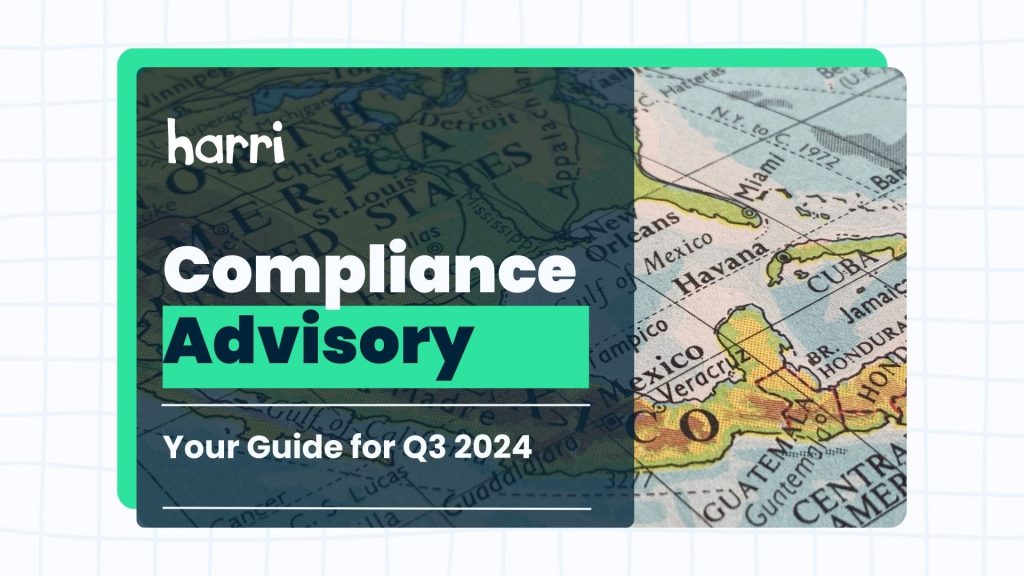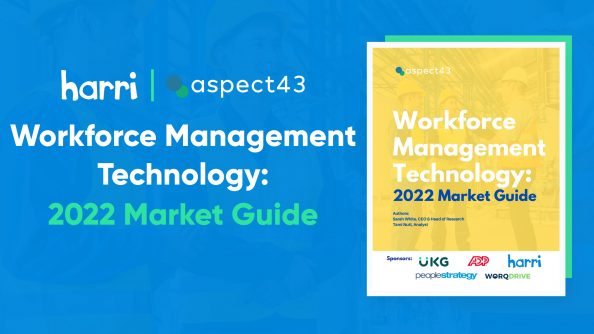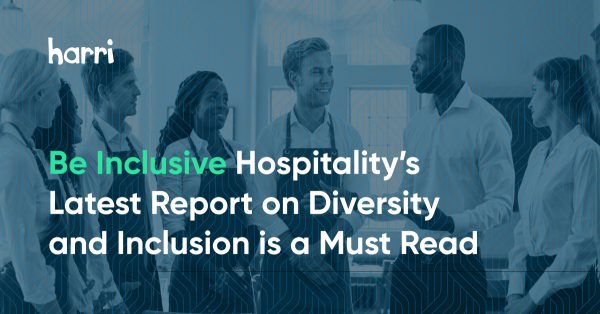Essential Updates on Labor Regulations: Q3 2024 Compliance Advisory

- By Harri Insider Team | September 12, 2024
Disclaimer: Please note this advisory is intended for summary purposes only. Any guidance or materials provided do not constitute legal advice and cannot be substituted for the advice of legal counsel.
Overturning the Chevron Doctrine
On June 28, 2024, in Loper Bright Enterprises v. Raimondo, the U.S. Supreme Court overturned the Chevron Doctrine. The decision overturned the 40-year precedent that required courts to defer to a federal agency’s interpretation of a statute when interpreting a federal law provided that the law at issue was ambiguous and the agency’s interpretation was reasonable. With the overturning of the Chevron Doctrine, the court will now have the authority to determine how a law pertaining to a federal agency’s work should be interpreted and enforced.
What this means moving forward
The overturning of the Chevron Doctrine is intended to only affect future agency decisions. All previous agency decisions are to be respected and enforced. As we progress into the post Chevron Doctrine era, it is anticipated that agency decisions such as those published by the Department of Labor will not be as robust as they have been in recent years due to the potential of legal pushback and industry scrutiny.
Wage Transparency: Washington, D.C., Maryland, & Massachusetts
Washington, D.C.
On June 30, 2024, the District of Columbia’s Wage Transparency Omnibus Amendment Act of 2023, also known as DC Act 25-367, went into effect. This new law requires that all job postings, advertisements for external and internal positions, and promotion and transfer opportunities include a pay range. The law also requires the following:
- Within job postings, employers must disclose whether or not healthcare benefits are included.
- Employers may not request an employee to disclose their salary history.
- Employers must post a Notice of Employee Rights within their workplace.
- Enforcement of the new ruling will be under the authority of the Attorney General. Fines imposed for violating the provisions of this law range start at $1,000, and increase with every subsequent violation.
Maryland
On October 1, 2024, Maryland’s Wage Range Transparency Act, also known as House Bill 649, will take effect. The law requires employers to include the following information in all job postings:
- Pay range (salary hourly)
- Benefits
- Any other compensation included
Please note this law applies to all employers in Maryland.
Massachusetts
Effective Oct. 29, 2025, employers with at least 25 employees in Massachusetts must include the pay range for an employment position on all job postings. The pay range is defined as the annual salary range or hourly wage range that the covered employer reasonably and in good faith expects to pay for such position at that time.

NLRB Withdraws Appeal of U.S. District Court Ruling
In October 2023, the National Labor Relations Board (NLRB) issued a new joint employer rule, broadening the definition of “employer” and expanding potential liability for businesses with indirect control over workers. This rule faced immediate legal challenges, with the U.S. Chamber of Commerce and other business groups filing a lawsuit in November 2023. In March 2024, the U.S. District Court for the Eastern District of Texas invalidated the rule, initially set to take effect in December 2023. Despite initially appealing the court’s decision, the NLRB withdrew its appeal in July 2024, stating it would reconsider the issues raised by the court.
What this means moving forward
Business groups view the withdrawal as a significant legal victory, and the NLRB may pursue alternative approaches to implement similar standards. For now, the joint employer standard reverts to the 2020 rule, which requires actual and direct control over employment terms for joint employer status.
Governor Newsom Signs PAGA Reform
The 2024 reforms to California’s Private Attorneys General Act (PAGA), enacted on July 1, 2024, through AB 2288 and SB 92, are essential for hospitality employers to understand, as they significantly alter how PAGA claims can be brought against businesses in the industry. One of the most impactful changes is that employees can now only sue for violations they personally experienced. This change helps prevent broad, class-action-like lawsuits that have been particularly burdensome for restaurants, hotels, and fast-food franchises. The reform also introduces a one-year statute of limitations for filing PAGA claims, creating a more predictable legal environment for employers. Additionally, courts now have greater authority to manage and potentially dismiss unmanageable PAGA cases, which could reduce the legal risks for hospitality operators.
Moreover, the reform provides new defenses for employers, such as demonstrating good-faith efforts to comply with labor laws and the ability to cure violations quickly, which can help employers avoid costly penalties. However, while these changes offer new protections, they also complicate compliance and legal responses. Employers must now track individual employee claims more carefully, respond quickly to potential issues due to the shorter statute of limitations, and meticulously document their compliance efforts to take advantage of these new defenses. These added requirements increase administrative burdens and legal scrutiny, making it essential to stay informed and proactive.
California’s New Workplace Violence Prevention Law
As of July 1, 2024, California’s Workplace Violence Prevention Act (SB 553) is now in effect, requiring all hospitality employers to take proactive measures to protect their employees and customers from workplace violence. Under this law, employers must implement a comprehensive Workplace Violence Prevention Plan (WVPP) that outlines procedures for identifying, evaluating, and addressing potential violence risks. Mandatory employee training is also required, focusing on recognizing, responding to, and reporting workplace violence incidents. Actively involving employers and staff in developing and implementing the WVPP is crucial for effectively identifying risks and preventing incidents.
In addition to creating a WVPP, the law requires employers to maintain detailed records of workplace violence incidents and report certain incidents to Cal/OSHA within 24 hours. Non-compliance can lead to significant penalties, including fines. For hospitality businesses, particularly those with high levels of public interaction, it is essential to ensure that the WVPP is fully operational and that employees are adequately trained. This helps employers reduce legal risks and provides a safer environment for both employers’ employees and customers.
Harri: your partner in compliance
As employment regulations continue to evolve, Harri stands by your side, ready to assist in managing these changes. Recognized for our expertise in employer technology solutions, we focus on equipping you with the necessary tools and insights to support your compliance efforts. Choose Harri as your partner in compliance.




















